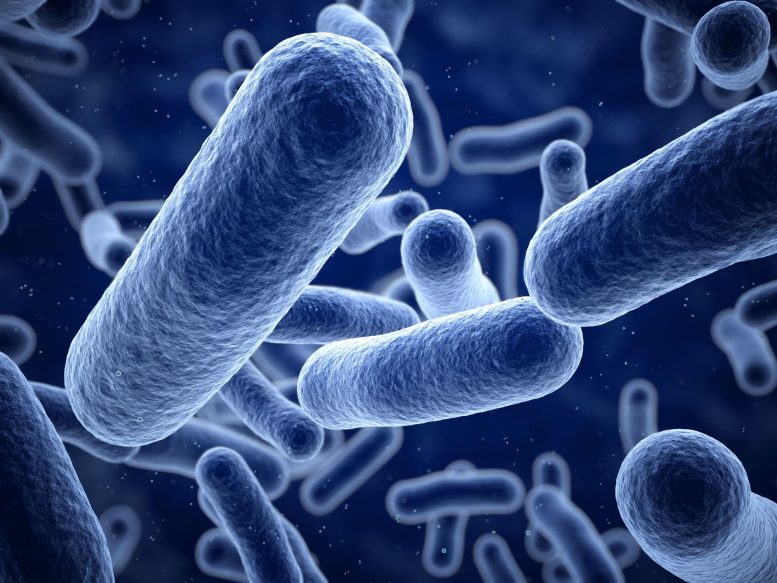
Scientists at the University of California, Riverside, have identified two bacteria species that can degrade a stubborn group of pollutants, known as “forever chemicals” or PFAS. These naturally-occurring bacteria can break the chemical bonds in these pollutants, making them harmless and offering a cost-effective, biological approach to cleaning up industrial contaminants.
Researchers have recently discovered two naturally-occurring bacteria capable of breaking down chlorinated “forever chemicals,” also known as PFAS.
Scientists specializing in chemical and environmental engineering at the University of California, Riverside have discovered two types of bacteria in the soil capable of breaking down a class of stubborn “forever chemicals,” giving hope for low-cost biological cleanup of industrial pollutants.
Assistant Professor Yujie Men and her team at the Bourns College of Engineering have found that these bacteria are able to eradicate a specific subgroup of per- and poly-fluoroalkyl substances, known as PFAS, particularly those that contain one or more chlorine atoms within their chemical structure. Their findings were published in the scientific journal, Nature Water.
Unhealthful forever chemicals persist in the environment for decades or much longer because of their unusually strong carbon-to-fluorine bonds. Remarkably, the UCR team found that the bacteria cleave the pollutant’s chlorine-carbon bonds, which starts a chain of reactions that destroy the forever chemical structures, rendering them harmless.
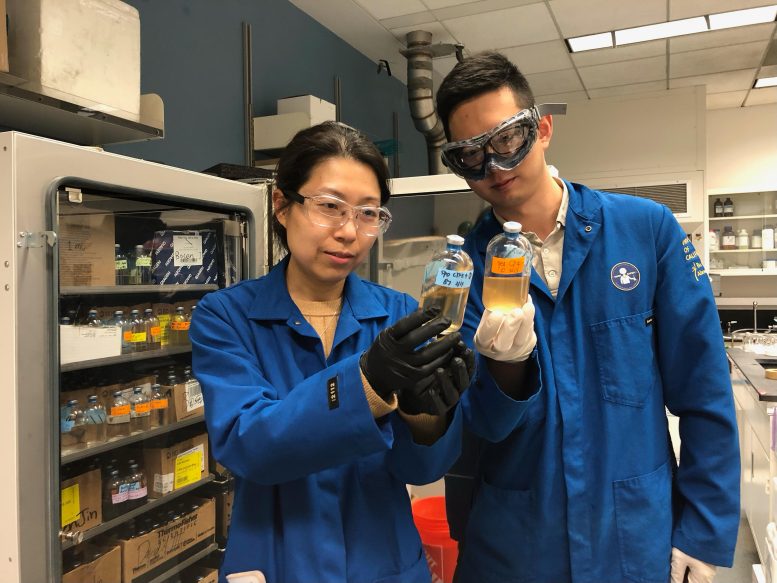
University of California, Riverside, Assistant Professor Yulie Men and graduate student Josen Jin. Credit: UCR photo by Sizhuo Zhang
“What we discovered is that bacteria can do carbon-chlorine bond cleavage first, generating unstable intermediates,” Men said. “And then those unstable intermediates undergo spontaneous defluorination, which is the cleavage of the carbon-fluorine bond.”
Chlorinated PFAS are a large group in the forever chemical family of thousands of compounds. They include a variety of non-flammable hydraulic fluids used in industry and compounds used to make chemically stable films that serve as moisture barriers in various industrial, packaging, and electronic applications.
The two bacteria species – Desulfovibrio aminophilus and Sporomusa sphaeroides – identified by Men’s group are naturally occurring and are known to live in the subterranean microbiomes where groundwater may be contaminated with PFAS. For expedited cleanups, an inexpensive nutrient, such as methanol, could be injected into groundwater to promote bacterial growth. This would greatly increase the bacteria’s presence to destroy the pollutants more effectively, Men said. If the bacteria are not already present, the contaminated water could be inoculated with one of the bacterium species.
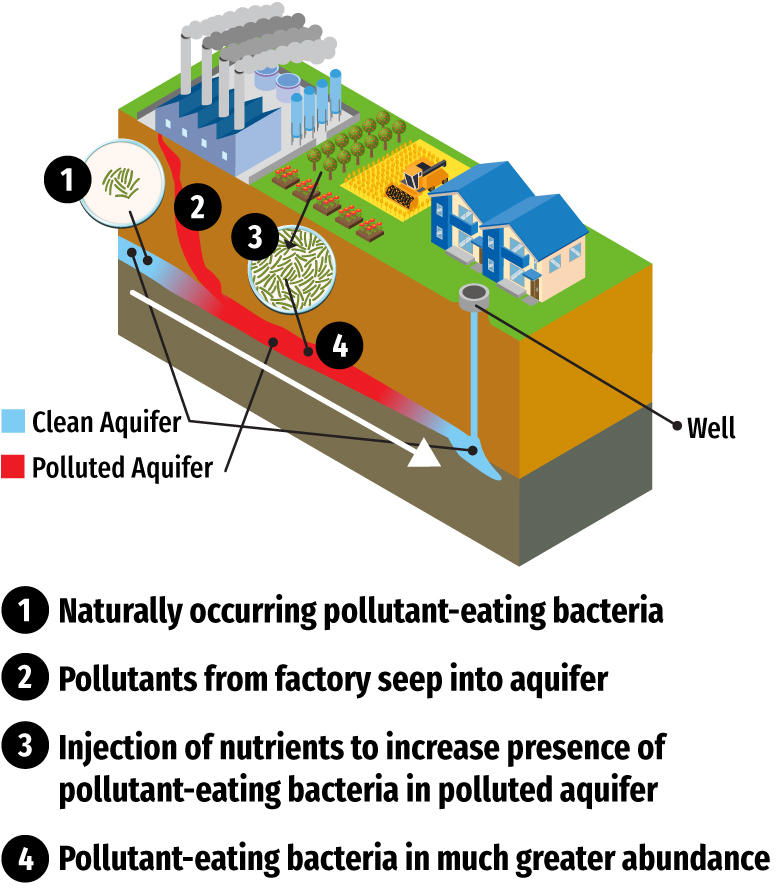
A conceptual image of the biological cleanup process. Credit: UCR graphic by Evan Fields
Men is the corresponding author of the paper and Bosen Jin, a UCR chemical and environmental engineering graduate student, is the lead author. Other UCR co-authors are postdoc Jinyu Gao; former postdoc Huaqing Liu; former graduate students Shun Che and Yaochun Yu; and Associate Professor Jinyong Liu.
The study expands on earlier work by Men, in which she demonstrated that microbes can break down a stubborn class of PFAS called fluorinated carboxylic acids.
Microbes have long been used for the biological cleanup of oil spills and other industrial pollutants, including the industrial solvent trichloroethylene or TCE, which Men has studied.
But what’s known about using microorganisms to clean up PFAS is still in its infancy, Men said. Her discovery shows great promise because biological treatments, if effective pollutant-eating microbes are available, are generally less costly and more environmentally friendly than chemical treatments. Pollutant-eating microbes can also be injected into difficult-to-reach locations underground.
Men’s latest PFAS study comes as the U.S. Environmental Protection Agency is promulgating new regulations to spur cleanups of PFAS-contaminated groundwater sites throughout the nation because these chemicals have been linked to a host of ill health effects, including cancer, kidney disease, and hormone disruptions.
Reference: “Substantial defluorination of polychlorofluorocarboxylic acids triggered by anaerobic microbial hydrolytic dechlorination” by Bosen Jin, Huaqing Liu, Shun Che, Jinyu Gao, Yaochun Yu, Jinyong Liu and Yujie Men, 15 May 2023, Nature Water.
DOI: 10.1038/s44221-023-00077-6
The study was supported by grants from the U.S. Department of Defense’s Strategic Environmental Research and Development Program and the National Institute of Environmental Health Sciences.



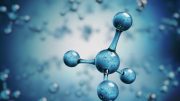

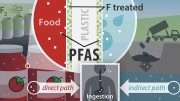
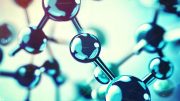

I have no faith in science anymore. I was vaxed in the past for flu and others but never again will a needle go in me for vax. Ive refused everything since the covid lottery when they were paying people and giving stuff away to get paople to accept a shot